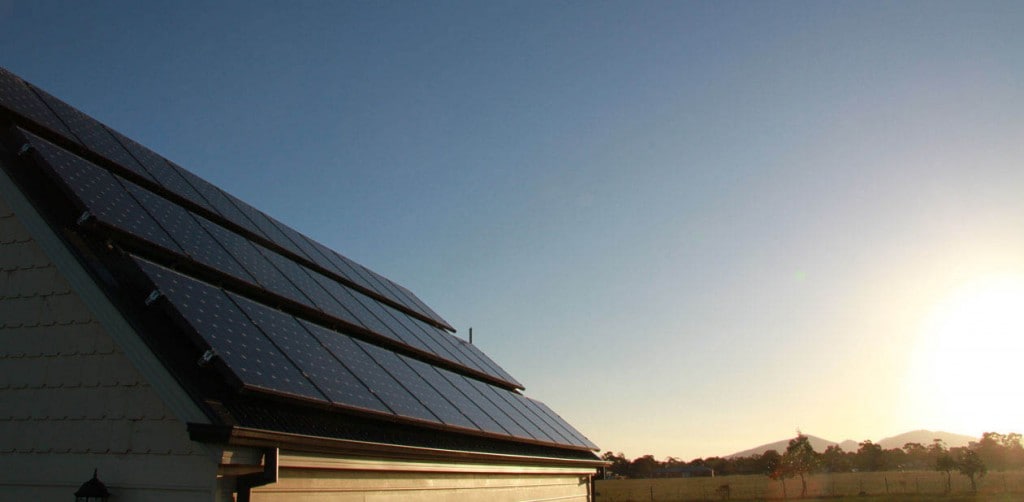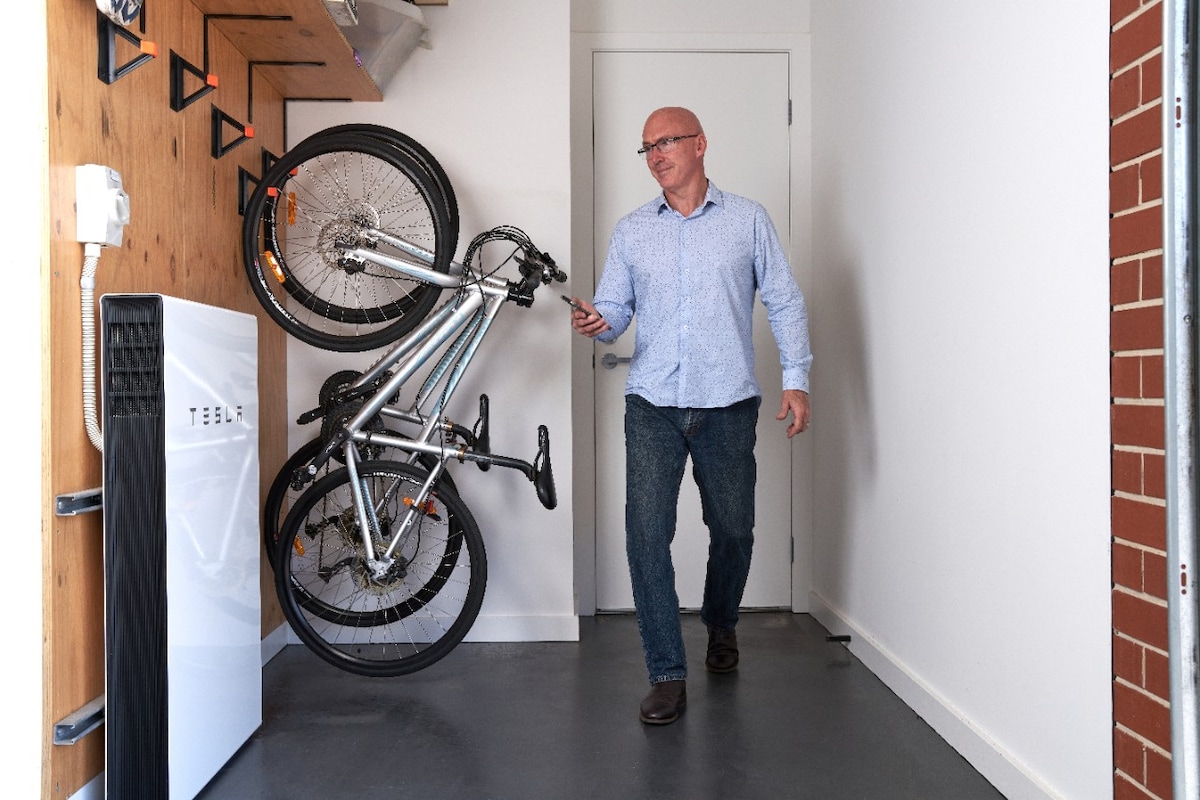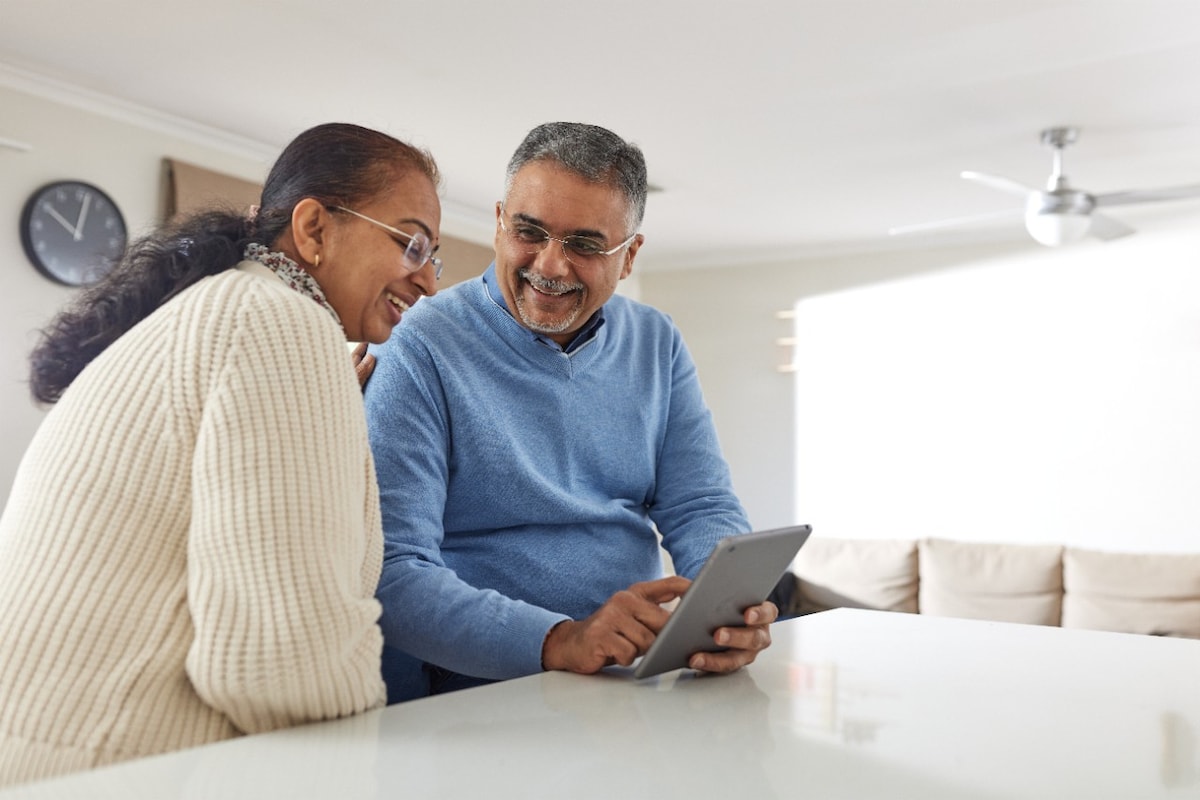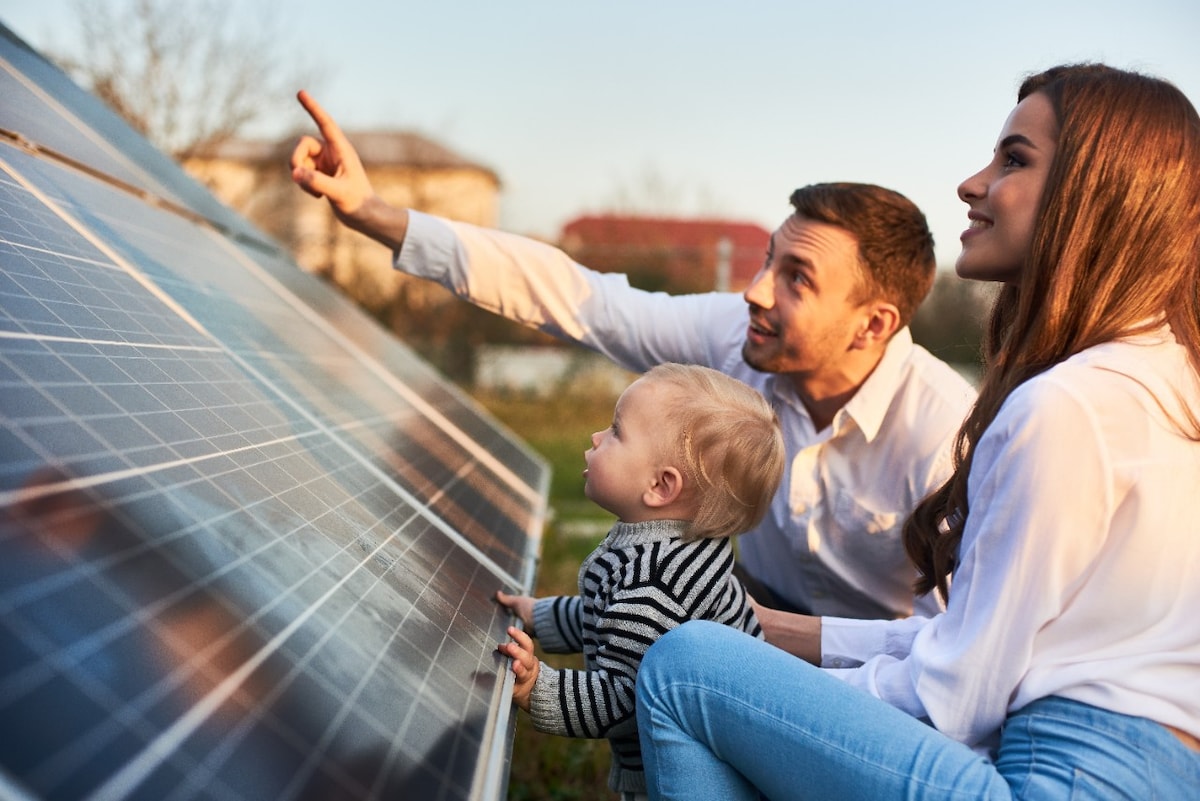3. If you want to help make managing energy costs and carbon footprint more sustainable in the future
If solar panels were the first step to more sustainable and affordable power generation at home, a battery would be your next consideration. The Clean Energy Council says Australian households could expect annual bill savings of $900-1,000 with non-orchestrated batteries and $1,150-1,500 with orchestrated batteries. This is on top of the savings you get from solar panels alone – plus the benefits of greater energy security and independence.
What is an orchestrated battery? It allows you to connect to energy provider initiatives like AGL’s Virtual Power Plant, a network of solar batteries that work together when the grid needs extra energy. By drawing a limited amount from each battery in the VPP, the VPP creates a large pool of energy that can be shared.
4. If you want to buy cheaper power during off-peak times and use it during peak times
Another way solar battery owners are benefitting is by using their home battery to store energy from the grid, as well as from the sun. If a few cloudy days are coming up and you know your solar power won’t be enough, you can opt to charge your battery using grid power during off-peak times and could save. This works on a similar premise as people charging their EVs overnight when power is less in demand.
5. If you want to increase the number of panels on your property
Adding more solar panels to your property is going to generate more power, so it makes sense to harness as much energy as you can. By adding a battery as well as more panels, you are helping to maximise your capacity to power your home on as much sustainable energy as possible.
“Imagine a million people get home from work at 5 pm and turn on an air conditioning unit. The amount of energy required is suddenly increased. But for a coal-powered power station to suddenly just produce 10 times the amount of power is quite a difficult and costly process,” James says.
“Whereas if people tap into their battery, they get power instantaneously and without asking the grid to increase its capacity for their home.”



